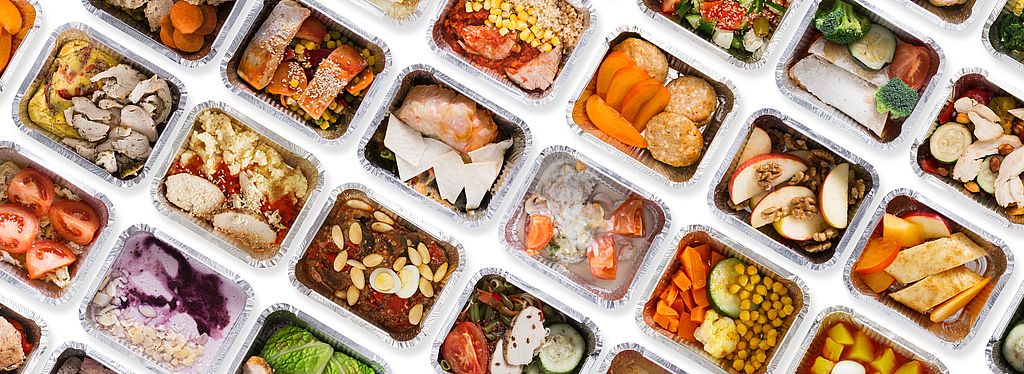For consumers, convenience often has a negative connotation, as the term is still associated with "instant meal". Yet convenience has nothing to do with the amount of product quality. Rather, convenience implies that a preparation or processing step has already been carried out. The use of convenience products is useful for chefs and restaurateurs whenever a large number of dishes are to be produced daily in consistent quality at economically reasonable costs.
The benefits for day-to-day business are obvious: individual work and production steps no longer take place on the premises. This is a great advantage in times of a lack of employees. Cutting losses for vegetables, meat or fish are also eliminated, thus ensuring greater cost-effectiveness and efficient food waste management. In addition, storage costs can be reduced with optimum merchandise management. And convenience is also invincible when it comes to quality aspects, as the products guarantee consistent quality.
Choosing the right convenience product depends on the factors of quality, quantity and time. But convenience products have not been served off the shelf for a long time. Instead, they are individually refined or further processed according to the quality standard. Dishes thus become more unique, so that convenience is barely identifiable in the dishes.
Bakery products are now at the top of the list of convenience products. Especially in the hotel industry, guests generally prefer croissants, Danish pastries or fruit salad for breakfast. In addition, vegan and vegetarian convenience products are becoming increasingly popular. Needless to add that these products should preferably be available in organic quality.
